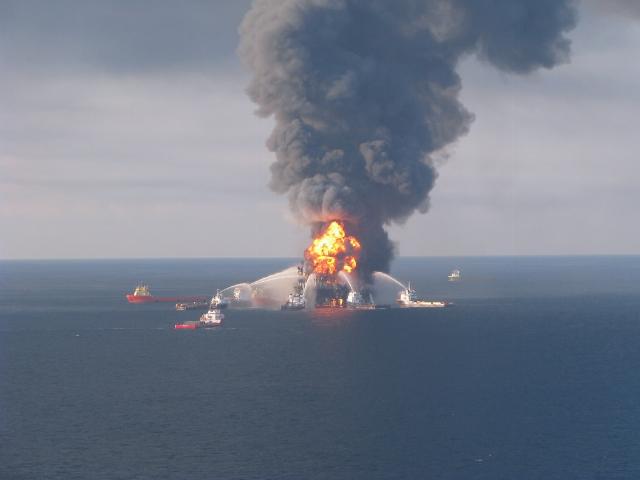Moments like the one we live in now come along from time to time, providing the opportunity to learn from the mistakes of the past. For instance, key takeaways from the Deepwater Horizon incident of April 2010 and how they apply to today are clear except to those who deny them.
On Apr. 20, 2010, an explosion occurred on the Deepwater Horizon drilling platform in the Gulf of Mexico. The explosion, which killed 11 men, caused the rig to sink into the deep and started a devastating oil leak from the well. Prior to it being capped three months afterward, roughly 134 million gallons of oil had spilled into the Gulf, making it the biggest offshore oil spill in U.S. history and subsequently cost British Petroleum (BP) up to $8.8 billion in remediation costs and a $5.5 billion Clean Water Act penalty.
Under the surface of the oil rig were disastrous conditions waiting to explode. But pressure from BP officials with just enough knowledge of how the pressure testing worked to be dangerous, caused, in part, the crew and employees who actually knew better to acquiesce, which allowed the theoretical danger to become a literal “well from hell.”
The Takeaways
Takeaway number one: Today, the financial pressure percolating below the surface of trillions of dollars of debt is being denied as a problem by the so-called experts who know just enough about economics to be dangerous. At some point the pressure will be too much not just for the U.S. but for the nations to whom the U.S. is indebted as well. The results will be a global catastrophe.
However, just as with the Deepwater Horizon, where needless suffering and death could have been avoided if the “experts” had listened to the people with the experience running the rig, so too global disaster can be avoided if the people with the experience resist the pressure of the so-called experts.
The movie Deepwater Horizon (with Mark Wahlberg and Kurt Russell) does a good job of showing the trauma the surviving employees endured. It is this aspect of the incident that is most impactful. The trauma and havoc of global hunger and disease and enduring war seen in the world today are largely caused by experts so far removed from them in their ivory towers. The displaced, the dead, and the forgotten  are considered collateral damage of the utopia that will surely emerge once the burden of shared global tyranny is achieved.
are considered collateral damage of the utopia that will surely emerge once the burden of shared global tyranny is achieved.
The second takeaway from the incident is expressed by one of the maintenance crew when a BP official manipulated crew members to conduct dangerous tests hoping the results would confirm his conclusions that all was well. The maintenance crew member said that “hope is not a tactic,” meaning that the BP official should halt the testing until confirmation that the well was sound, instead he hedged a bet that nothing was wrong with the well based on a test he “hoped” would confirm his assessment of the situation. In reality, death was the result of that hope.
According to the National Commission on the BP Deepwater Horizon Oil Spill and Offshore Drilling, made public January 2011: CLICK HERE TO CONTINUE



